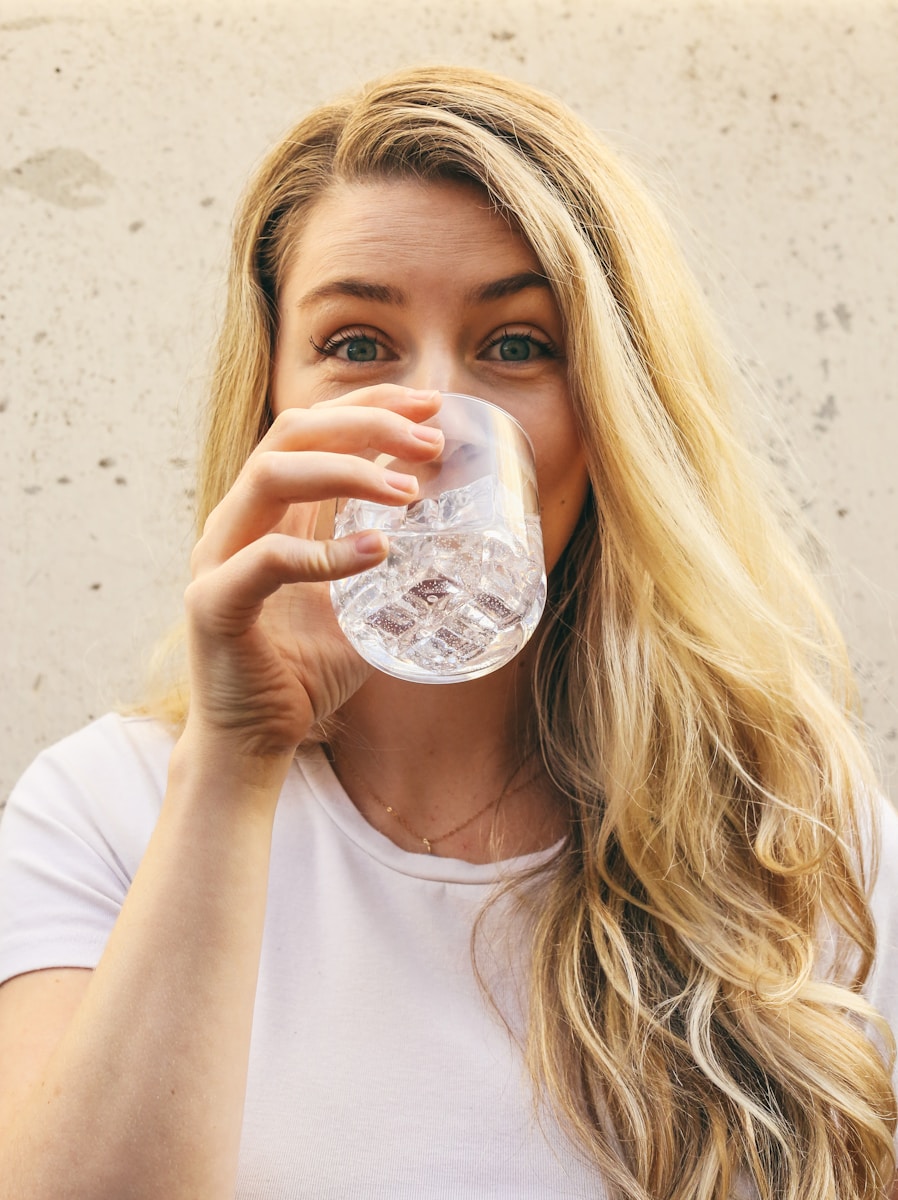Introduction
Water is often overlooked as a cornerstone of good health, yet it plays a vital role in every aspect of your body’s functioning. Staying properly hydrated boosts energy, improves skin, aids digestion, and even enhances mental clarity. This guide delves into the incredible benefits of hydration, how to know if you’re drinking enough, and tips to make hydration a natural part of your routine.
Why Hydration Matters
Water is essential for:
- Regulating Body Temperature: Keeps you cool during exercise or hot weather.
- Supporting Digestion: Aids in nutrient absorption and prevents constipation.
- Maintaining Skin Health: Hydrates cells, promoting elasticity and reducing dryness.
- Boosting Energy: Prevents fatigue by ensuring oxygen and nutrients reach your cells.
- Enhancing Brain Function: Improves focus, memory, and overall cognitive performance.
Signs of Dehydration
- Thirst or a dry mouth.
- Fatigue or low energy.
- Headaches or dizziness.
- Dark yellow urine.
- Dry skin or lack of elasticity.
If you notice these signs, it’s time to increase your water intake.
How Much Water Do You Need?
The amount of water needed varies depending on factors like age, activity level, and climate.
- General Guideline: Aim for 8–10 cups (2–2.5 liters) of water per day.
- Adjustments:
- Increase intake during exercise or in hot weather.
- Pregnant and breastfeeding women may need more water.
Benefits of Staying Hydrated
1. Improves Physical Performance
- Prevents fatigue during workouts and enhances endurance.
2. Promotes Healthy Skin
- Keeps skin plump and glowing while reducing the appearance of wrinkles.
3. Aids Weight Management
- Drinking water before meals can reduce hunger and prevent overeating.
4. Enhances Digestion
- Prevents constipation and supports a healthy metabolism.
5. Boosts Mental Clarity
- Even mild dehydration can impair focus and decision-making.
Creative Ways to Stay Hydrated
1. Infused Water
Add slices of fruits, herbs, or vegetables like lemon, cucumber, or mint for flavor.
2. Eat Hydrating Foods
Fruits and vegetables with high water content help supplement your intake.
- Examples: Watermelon, cucumber, celery, oranges, and strawberries.
3. Set Reminders
Use a water-tracking app or set phone alarms to remind yourself to drink.
4. Carry a Water Bottle
Invest in a reusable bottle and keep it with you throughout the day.
5. Start and End Your Day with Water
Drink a glass of water when you wake up and before going to bed.
Hydration Myths Debunked
Myth 1: You Need 8 Glasses of Water a Day
The “8 glasses” rule isn’t one-size-fits-all. Factors like body size, activity level, and climate affect your water needs.
Myth 2: Coffee and Tea Don’t Count
While caffeinated drinks can have a mild diuretic effect, they still contribute to your daily fluid intake.
Myth 3: You Can’t Overhydrate
Drinking excessive amounts of water can lead to water intoxication, disrupting electrolyte balance. Stick to a moderate, consistent intake.
Tips for Boosting Hydration During Exercise
- Drink 16–20 ounces of water 2 hours before exercising.
- Sip water every 15–20 minutes during physical activity.
- Rehydrate with an electrolyte-rich drink if you’re sweating heavily.
The Role of Electrolytes in Hydration
Electrolytes like sodium, potassium, and magnesium are crucial for maintaining fluid balance.
- Sources: Bananas, coconut water, spinach, and electrolyte drinks.
- When to Use: After intense exercise, illness, or in hot climates.
Final Thoughts
Water is more than just a thirst-quencher—it’s a life-giving resource that impacts your body, mind, and overall well-being. By prioritizing hydration and making simple changes to your daily routine, you can unlock its transformative benefits. Start small, stay consistent, and let water work its magic in your life.
Relevant Links/Sources:
- National Institutes of Health: Hydration and Health
- Mayo Clinic: How Much Water Do You Need?
- Harvard Health: Benefits of Staying Hydrated

